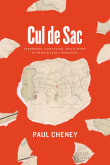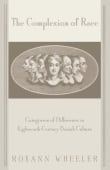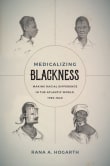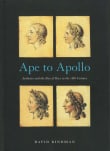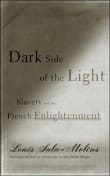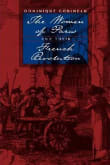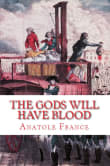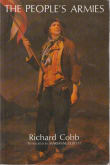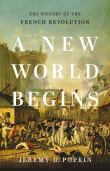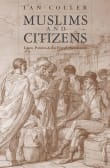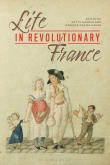There Are No Slaves in France
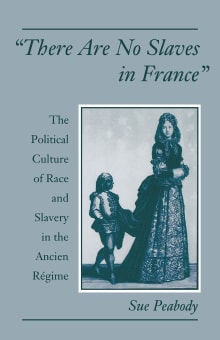
Book description
There Are No Slaves in France examines the paradoxical emergence of political antislavery and institutional racism in the century prior to the French Revolution. Sue Peabody shows how the political culture of late Bourbon France created ample opportunities for contestation over the meaning of freedom. Based on various archival sources,…
Why read it?
2 authors picked There Are No Slaves in France as one of their favorite books. Why do they recommend it?

Sue Peabody’s book on the death of the “free soil principle” in France is a milestone in legal history. Beginning in 1315, when Louis X signed the letters patent that forever associated the words French and France with the eradication of slavery, anyone who was bonded or a serf was supposedly “free” when stepping foot in France. This tenet began to fall apart in 1716, when the then Regent created a loophole for slaveowners returning to France with their enslaved servants. Peabody takes us deep into the legality (and illegality) of slavery on French soil as well as several illustrative…
From Henry's list on race and the enlightenment.

Sue Peabody’s “There Are No Slaves in France” examines the politics and culture of race and slavery in eighteenth-century France. In the early modern period, France prided itself on the notion that slavery was unlawful on French soil – the so-called “freedom principle”. Any slave who touched French territory would immediately be free. Nonetheless, hundreds of thousands of Africans worked as enslaved laborers in the French colonies. Within France, one could count numerous enslaved people at any given time. Exploring court cases brought by enslaved people in France against their owners, the book reveals with impressive clarity, the place of…
From Pernille's list on France and Its eighteenth-century colonial empire.
If you love There Are No Slaves in France...
Want books like There Are No Slaves in France?
Our community of 12,000+ authors has personally recommended 100 books like There Are No Slaves in France.



